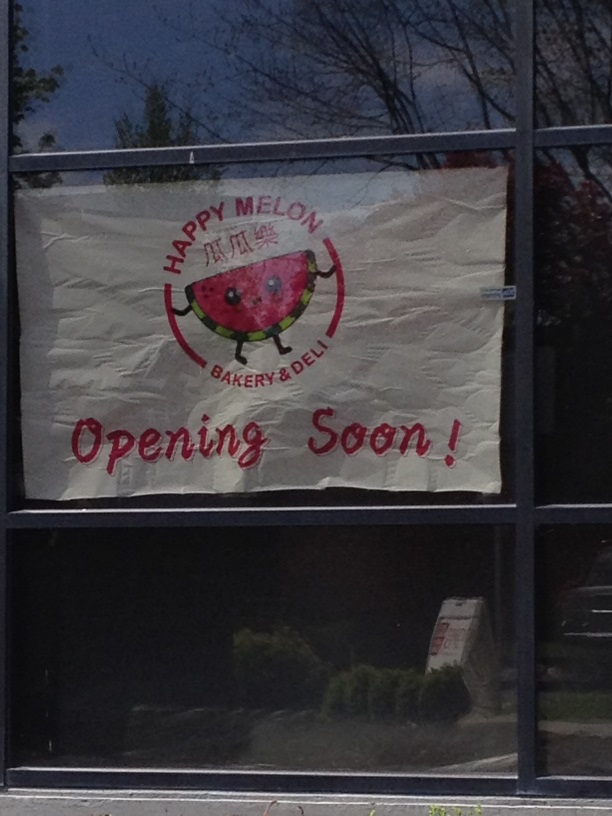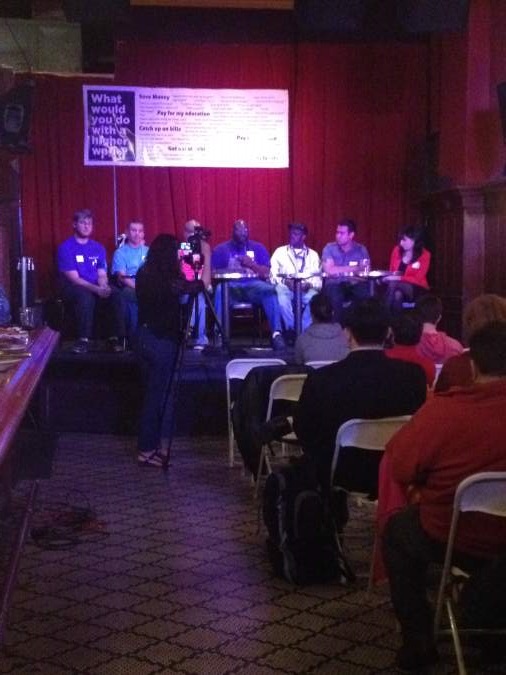Wrestling with scheduling conflicts during the 10-day stretch between Rosh Hashanah and Yom Kippur known as the Days of Awe is such an iconic Jewish-American ritual that a few years ago children’s-book author Steven Schnur wrote one called The Koufax Dilemma, about the Dodger pitcher’s legendary decision to sit out the first game of the 1965 World Series.
Yom Kippur is tricky for baseball players and their fans, who are in the thick of pennant races when the Tenth of Tishrei rolls around. The Chicago White Sox switched the start time of last night’s game so third baseman Kevin Youkilis, who’s reportedly never played on Yom Kippur, could get off the field before sundown. While the Torah doesn’t explicitly reference sports, work is prohibited during the Day of Atonement, as is eating—which means folks in the food industry have to make tough decisions too.
As American Muslims are reminded during Ramadan, it can be difficult to fast when everyone else is eating. And in Seattle, the eating doesn’t stop. Firefly Kitchens is hosting a “Fermented Happy Hour” just as Yom Kippur begins, and Marination is hosting its Ma Kai preview party just before it ends. Neither operation deliberately chose the date to annoy Jewish patrons; it appears organizers were unaware of its significance.
When I pointed out the timing to a Marination publicist, she responded “Happy Yom Kippur!”, which suggests a fundamental misunderstanding of the holiest date on the Jewish calendar: In the most traditional congregations, services include a lengthy confession of sins accompanied by chest raps and prayers recited from a prostrate position. Even in synagogues without the body language, it’s a seriously somber occasion.
It’s surely unfair to expect restaurants and food producers to honor every religious observance involving a fast. And the idea that Jews would show up to eat Link Lab sausage at Firefly’s party or Spam at Marination’s shindig is perhaps silly (although far more Jews observe Yom Kippur than keep kosher, myself included). Still, most spiritual leaders agree that no harm can come from a general awareness of other people’s dietary restrictions.
“It would be wonderful if more event planners consulted a calendar of major religious holidays,” says Rabbi Jason Miller, a Michigan-based educator who has frequently returned to the Koufax question on his blog (blog.rabbijason.com). But he adds that it’s not secular society’s responsibility to schedule around religious fasts: “We shouldn’t judge others’ choices and we shouldn’t expect that there won’t be events that we can’t attend because we observe Jewish law.”








